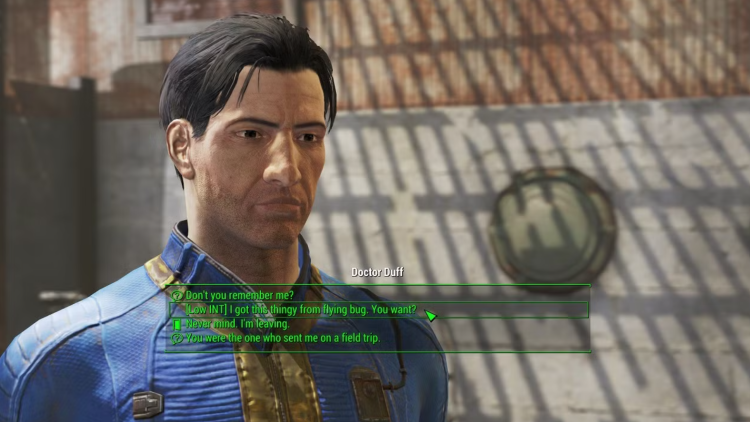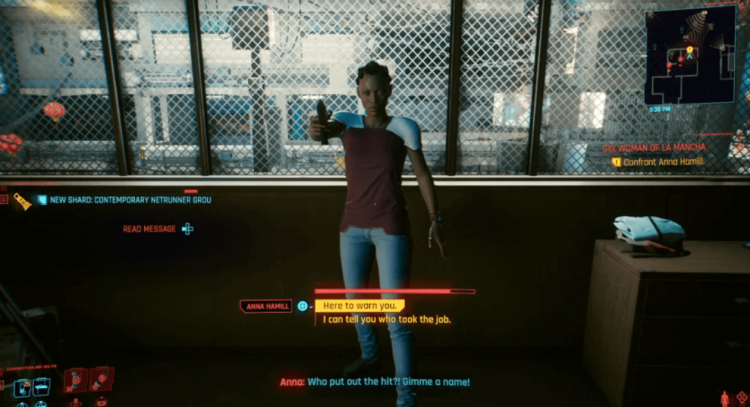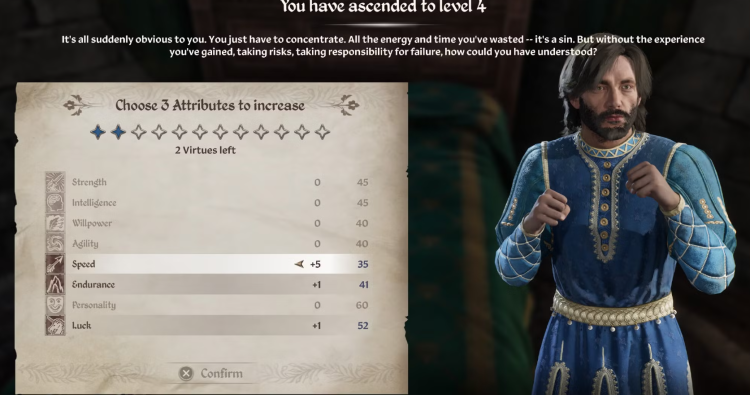Elder Scrolls 6 bør fokusere på spillernes valg, ikke statistikk, sier Oblivion-utvikleren
The surprise drop of Oblivion Remastered last week sparked a wave of nostalgia — and a fair bit of speculation. Will The Elder Scrolls VI take after Oblivion instead of Skyrim? According to Bruce Nesmith, one of the original developers behind The Elder Scrolls IV: Oblivion, that’s not likely.
But he does have some strong opinions on what TES6 should focus on.
“We don’t want the game to get in the way... don’t worry about all that crap if you don’t want to.” — Bruce Nesmith, former Bethesda developer
In an interview with VideoGamer, Nesmith argued that player choices should be the core of the next Elder Scrolls game, not stat-juggling or character micro-managing. His take? Players shouldn’t be buried in menus or spreadsheets. Instead, the game should encourage you to just play and let your actions define your character.
“That is actually at the heart of the ‘you do it to get better at it’ philosophy of The Elder Scrolls.”
Which, to be fair, has always kind of been the Elder Scrolls thing. You sneak to level Sneak. You whack stuff to level One-Handed. It’s a learning-by-doing system that naturally ditches the traditional “dump points into INT at level-up” structure. But Nesmith wants the next step in that evolution: more choice-driven consequences, less stat-driven grind.

Choices in RPGs
In role-playing games, “choices” are more than just picking a dialogue option. At their best, they change how the world sees you. They unlock (or lock) different paths. They make you think. When a game nails that, your decisions stick with you long after the credits roll.
But meaningful choices are hard to get right. Some games fake it with superficial outcomes — a different line of dialogue or a color swap on your ending screen. Others build entire systems around branching quests, shifting alliances, and world states. That’s the good stuff.
Nesmith brought up Fallout 3 as an example of getting it (mostly) right.
“The decision-making in Fallout 3... being able to finish quests in different ways compared to Fallout 4... players like that.”
It’s a subtle dunk on Fallout 4, which narrowed its dialogue system and moral choices compared to its predecessor. Fallout 3 had branching quests, karma systems, and genuinely hard decisions — including some you could regret later. That’s the flavor Nesmith wants in TES6.

Modern RPGs That Get Choices Right
What games actually pull off deep choice mechanics? Here’s a snapshot:
| Game Title | Release Year | Metacritic Score | Notable Systems |
| Disco Elysium | 2019 | 91 | Skill checks, internal monologue debates |
| The Witcher 3: Wild Hunt | 2015 | 92 | Branching quests, long-term consequences |
| Cyberpunk 2077 (2.0) | 2020/2023 | 86 (after 2.0) | Perk overhaul, multi-path questlines |
| Dragon Age: Origins | 2009 | 91 | Origin stories, faction impacts |
| Baldur’s Gate 3 | 2023 | 96 | Dice rolls, alignment shifts, character arcs |
| Fallout: New Vegas | 2010 | 84 | Reputation systems, quest interdependence |
These aren’t just good RPGs — they’re the ones people still argue about online years later because of the choices they made. Did you kill or save that NPC? Did your decision screw over an entire region? Could things have gone another way?
That’s the emotional investment Elder Scrolls fans are hungry for.

Stats Are Fine, But They’re Not the Game
Let’s be clear: stats aren't bad. They can add depth and identity. But they’re not the heart of a good RPG — especially not a Bethesda-style open world. What people remember about Skyrim isn’t their Magicka regen rate. It’s choosing the Dark Brotherhood over the Thieves Guild, shouting a dragon off a cliff, or stumbling into a Daedric questline that spiraled into chaos.
Nesmith sees that, too.
“There’s a movement to look back nostalgically at games that are more traditional RPGs. But the large majority of people just want to play fun games instead of being drowned in stats.”
So don’t expect TES6 to be a min-max paradise. And maybe that’s okay. If it means more rich decisions, faction betrayals, and “wait... did I just ruin the world?” moments, sign us up.

Image: gameranx | YouTube
So, What Now for Elder Scrolls VI?
Todd Howard has confirmed that Elder Scrolls VI is in active development, and Oblivion Remastered is out in the wild, co-developed by Virtuos. Whether that remaster influences TES6 is anyone’s guess, but it’s clear the old guard is watching closely — and hoping for a game that feels like Elder Scrolls without drowning in complexity.
Maybe the next TES won’t be about stats vs. choices. Maybe it’ll be the game that finally nails both.
You want a Fallout-style karma system in Elder Scrolls? Or do you miss old-school stat sheets?

Kommentarer